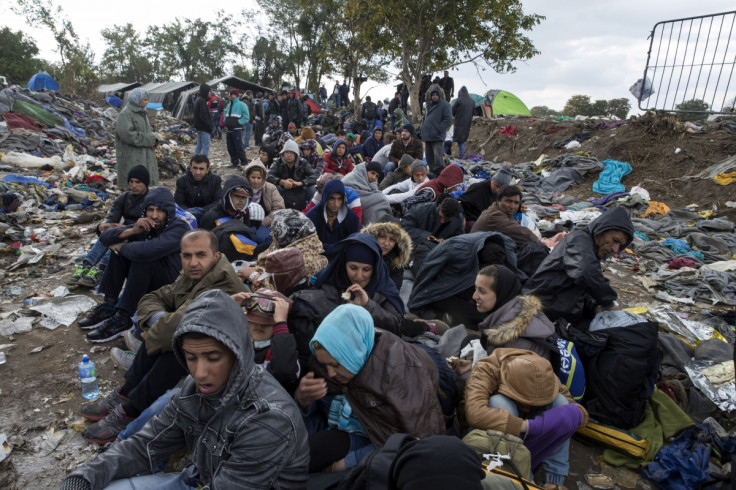PMQs: David Cameron must apologise for his 'bunch of migrants' comment - it's not US vs THEM

Prime Minister's Questions can often yield heated debates. Much can be – and is – said in exchanges that might never be said at other times. The prime minister has had a problem before with his "flash man" moments, including his telling a female Labour Party MP to "calm down, dear", which obviously did anything but calm tensions.
One of the biggest issues of voter concern in the UK is immigration. It is popular politics these days to look and sound tough. But sometimes a line is crossed and an apology becomes needed.
At Prime Minister's Questions on 27 January, David Cameron told the House of Commons that Labour Party leader Jeremy Corbyn met "a bunch of migrants" in Calais that he'd love to bring to Britain. As if helping children without relatives stuck in an anarchic "Jungle" somehow worthy of contempt.
We have heard this language before. Margaret Thatcher once spoke of Britain being "swamped" by migrants. Now they become "a bunch": nameless, faceless, dehumanised. A bunch that Britain is better off without.
And that's how migrants can be thought of. As a swarm, a tsunami or tidal wave. In every case they are a problem – a mass – to be feared and kept out. The kind of flood that government really does want to keep out with proper defences.
This language is offensive and potentially incendiary. Us versus them. This is not the language of a statesman but a coward – cowering to our worst instincts of a Little Britain afraid and distrustful of the world outside.
If Cameron thinks it is acceptable to demonise a minority, maybe he will rethink his comments when he considers that many of them – or perhaps should I say "us" – are British citizens too. I am a migrant. I immigrated to Britain. The UK is my home and I worked hard to integrate, to give something back to society and become a British citizen.
When migrants are demonised or belittled, it says much about who we are. And it can be easy to forget that many of "them" are also many of "us".
Cameron should apologise to the House of Commons for his remarks without delay. Enough is enough. If he cannot respect the humanity of our fellow human beings, then maybe he might listen to the migrants who became British. We all deserve better.
Thom Brooks is Professor of Law and Government at Durham University and Visiting Fellow at Yale Law School. His book Becoming British is published by Biteback next month.
© Copyright IBTimes 2025. All rights reserved.






















